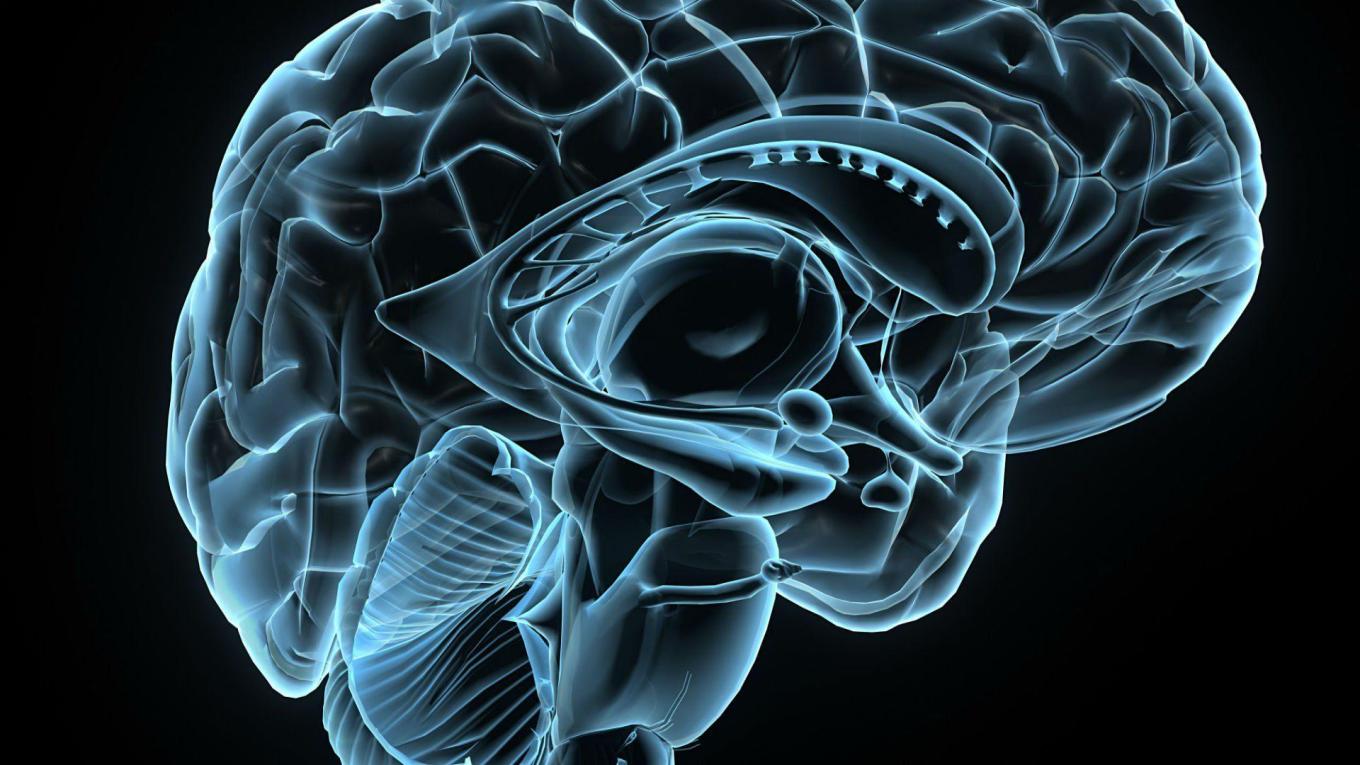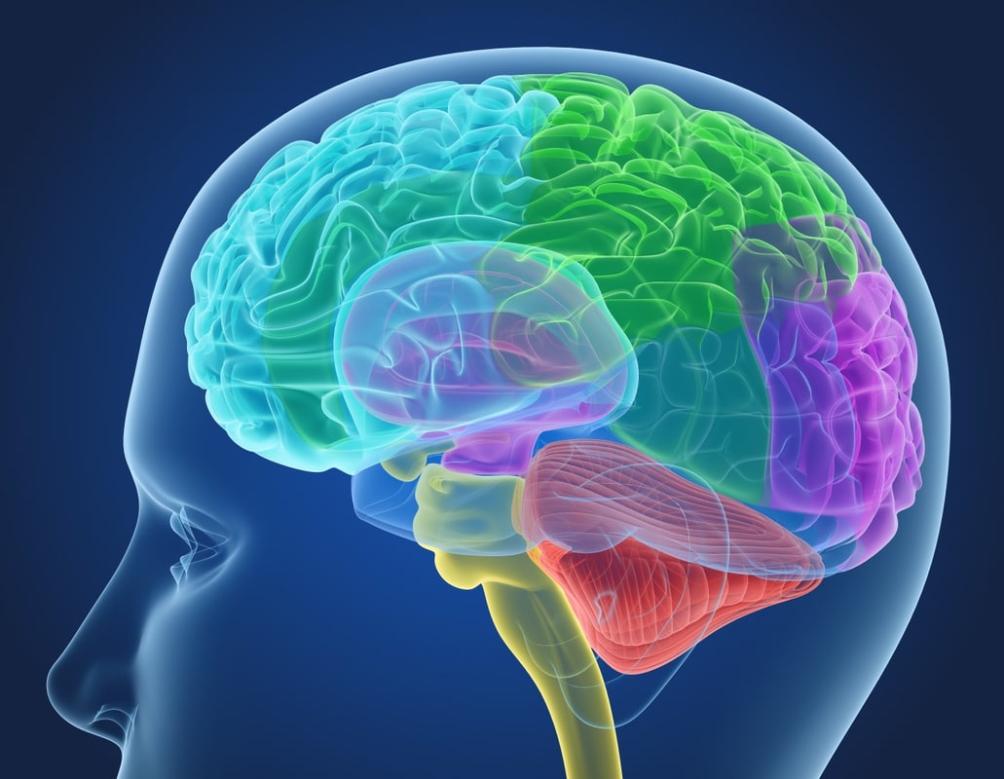How Does the Brain Learn?
Learning is the process of acquiring new knowledge, skills, or behaviors through experience, study, or instruction. Understanding how the brain learns is crucial for educators, trainers, and individuals to optimize learning strategies and maximize learning outcomes.

The Role Of Neurons In Learning
Neurons are the basic functional units of the nervous system. They communicate with each other through electrical signals (action potentials) and chemical signals (neurotransmitters).
- Structure of a Neuron: Cell body, dendrites, and axon.
- Synapses: Junctions where neurons communicate with each other.
Key Processes Involved In Learning
Several key processes are involved in learning, including:
- Long-Term Potentiation (LTP): The strengthening of synaptic connections between neurons due to repeated stimulation.
- Long-Term Depression (LTD): The weakening of synaptic connections between neurons due to lack of stimulation.
- Hebbian Theory: "Neurons that fire together, wire together."
- Synaptic Pruning: The elimination of weak synaptic connections and the strengthening of strong synaptic connections.
Different Types Of Learning
There are various types of learning, including:
- Declarative Learning: Learning facts, information, and knowledge.
- Procedural Learning: Learning skills and procedures.
- Classical Conditioning: Learning associations between stimuli.
- Operant Conditioning: Learning the consequences of actions.
- Social Learning: Learning through observation and imitation of others.
Factors Affecting Learning

Several factors can influence learning, such as:
- Attention: The ability to focus and concentrate on relevant information.
- Motivation: The desire and drive to learn.
- Emotion: Positive emotions, such as joy and interest, can enhance learning.
- Prior Knowledge: Existing knowledge and experiences can facilitate learning new information.
- Sleep: Adequate sleep is essential for memory consolidation and learning.
Strategies To Enhance Learning
There are several strategies that can be employed to enhance learning, including:
- Active Learning: Engaging in active learning activities, such as problem-solving, discussion, and experimentation.
- Spaced Repetition: Reviewing information at spaced intervals to improve retention.
- Retrieval Practice: Recalling information from memory without looking it up.
- Elaboration: Connecting new information to existing knowledge and experiences.
- Interleaving: Mixing different types of problems or tasks during practice.
The brain's ability to learn is a remarkable and complex process. Understanding how the brain learns can help us optimize learning strategies and achieve better learning outcomes. Continued research in neuroscience is shedding light on the intricate mechanisms underlying learning and memory.
YesNo

Leave a Reply